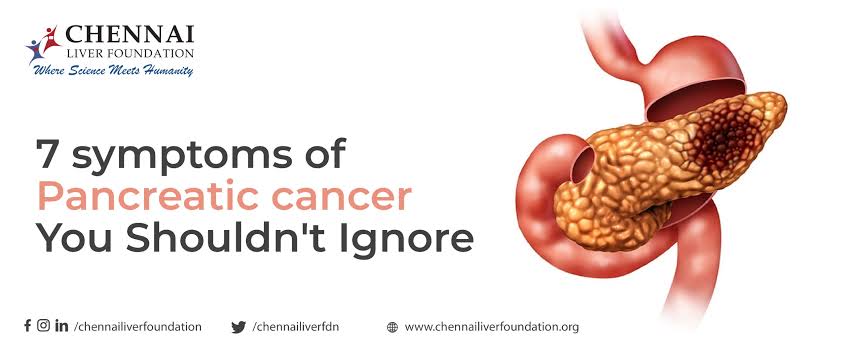
Some subtle symptoms are easy to dismiss but could signal pancreatic cancer. Learn which warning signs to watch for and why early detection matters.
🩺 Why Pancreatic Cancer Is Dangerous
Pancreatic cancer is often called a “silent killer” because early symptoms are subtle or easily mistaken for other conditions. By the time obvious signs appear, the disease may already be advanced.
Early detection dramatically improves treatment options and outcomes, which is why recognizing even mild warning signs is crucial.
⚠️ Symptoms You Shouldn’t Ignore
Abdominal or Back Pain
Persistent discomfort in the upper abdomen or middle back can be an early sign.
Unexplained Weight Loss
Losing weight without changing your diet or exercise habits may indicate pancreatic issues.
Loss of Appetite
Feeling full quickly or losing interest in food can occur in early stages.
Digestive Problems
Nausea, bloating, or greasy stools may signal impaired pancreatic enzyme function.
Jaundice (Yellowing of Skin or Eyes)
Caused by bile duct obstruction, jaundice is a major warning sign and requires immediate medical attention
Fatigue and Weakness
Persistent tiredness that doesn’t improve with rest could be related to pancreatic health.
New-Onset Diabetes
Sudden diabetes in adults with no family history can sometimes be linked to pancreatic cancer.
When to See a Doctor
If you notice any combination of these symptoms, especially persistent abdominal pain, jaundice, or unexplained weight loss, consult a healthcare professional immediately.
Early diagnostic tools include blood tests, imaging (CT, MRI), and endoscopic procedures.
Many people ignore subtle signs like abdominal discomfort, fatigue, or digestive issues—but these could be early warnings of pancreatic cancer. Being vigilant and seeking medical advice promptly can save lives.






